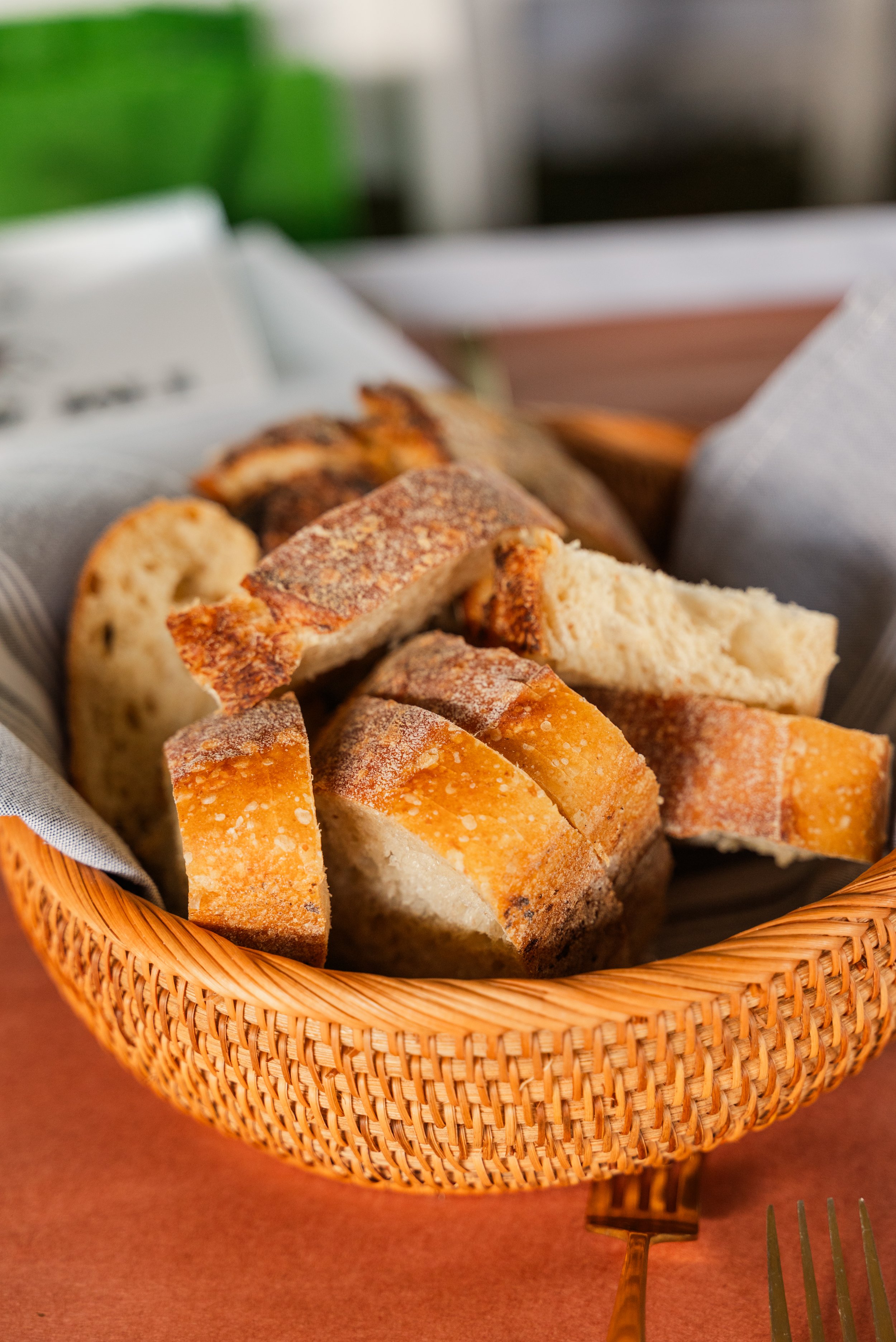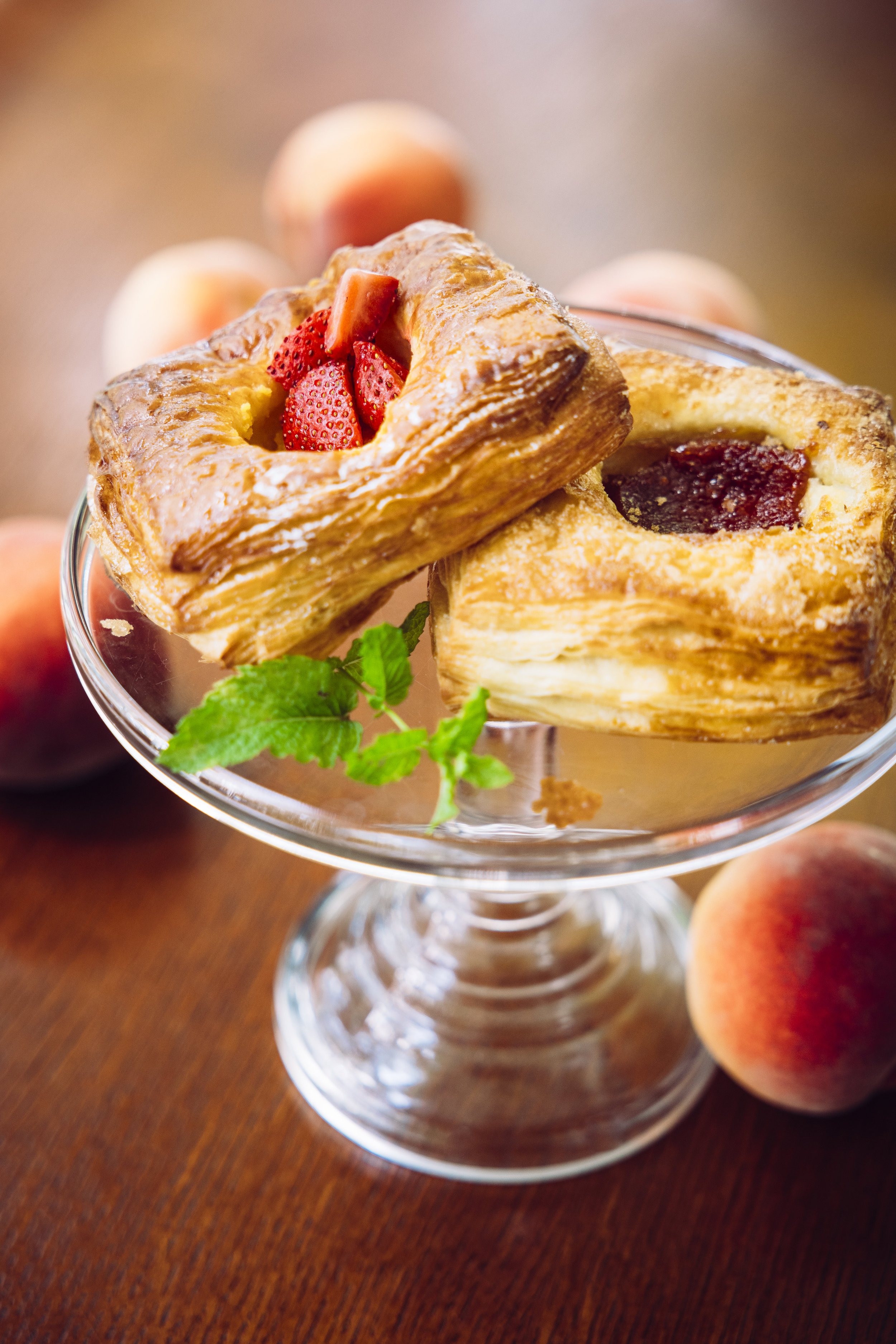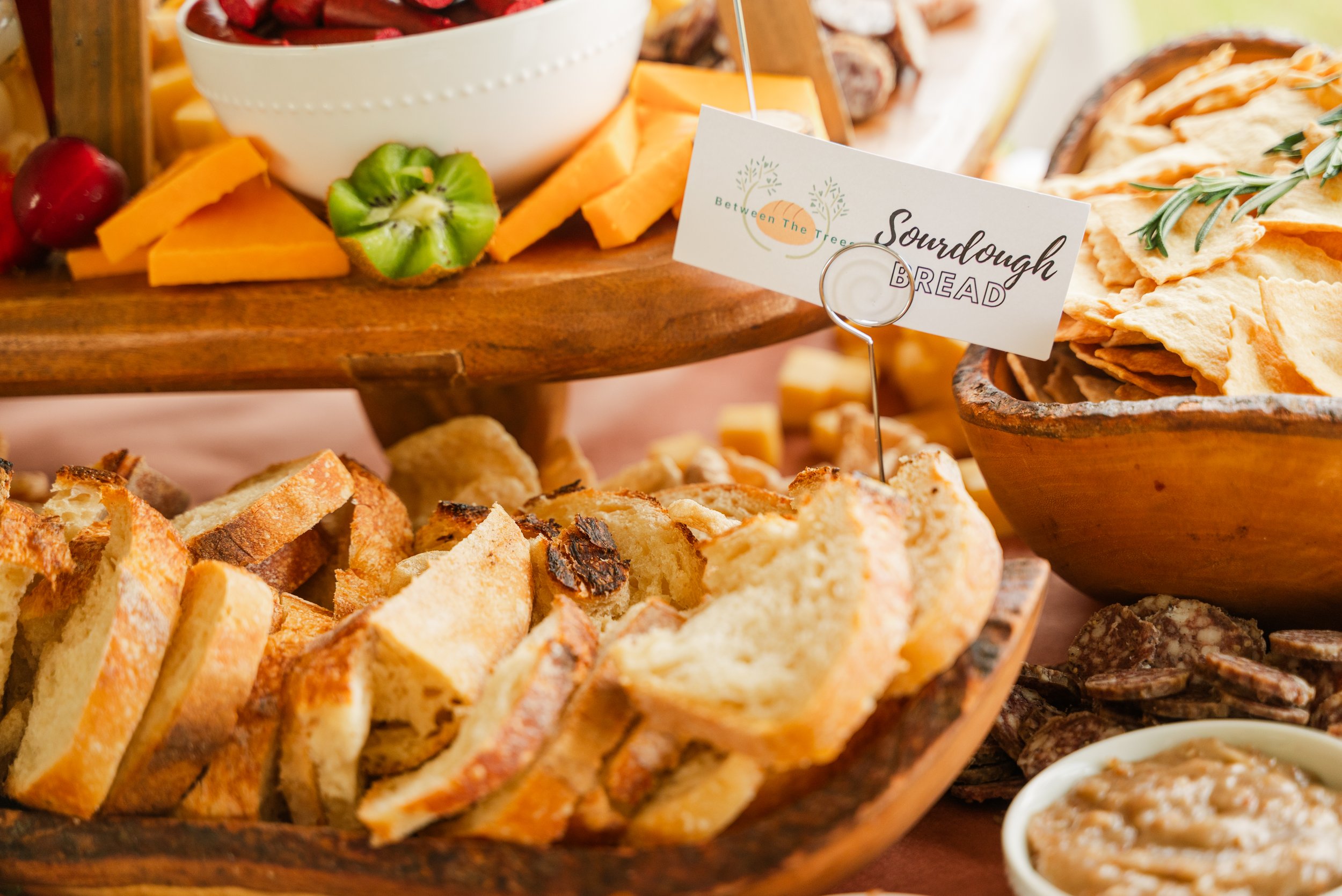


“…in recent times, bread has become synonymous with unhealthiness. Hybridized, bleached, and bromated flour has become closer to a cleaning agent rather than an ingredient.”
Bread for thousands of years has been what sustains us. It’s brought civilizations together and cultivated communities across all walks of life. Yet, in recent times, bread has become synonymous with unhealthiness. Hybridized, bleached, and bromated flour has become closer to a cleaning agent rather than an ingredient. Gluten-free diets and other trends have taught us that bread will make us sick and in order to be truly “healthy”, culture tells us carbs should be completely eliminated. In reality though, it’s not the grain that’s killing us, but the relentless desire for growth. The constant pursuit of a dollar has taught us to devalue wheat by loading it with fertilizer, separating it’s ingredients, and adding chemicals and conditioners for mass production. All in the name of growth. Industrial features have led to widely distributed and affordable bread, but also one that is less digestible, toxic to our planet, and prioritizes profit over people, producers, and taste.
“Grains have an infinite and diverse number of flavor profiles akin to coffee and other artisan goods. Much like Ethiopia, Brazil, and Sumatra all have their own unique flavor notes, so does Spelt, Einkorn, Kamut and Rye.”
But bread hasn’t always been like that. Bread has kept us alive, brought people together and built civilizations. Those limp, plastic wrapped sandwich loaves in the grocery don’t represent the diversity that wheat offers us. Grains have an infinite and diverse number of flavor profiles akin to coffee and other artisan goods. Much like Ethiopia, Brazil, and Sumatra all have their own unique flavor notes, so does Spelt, Einkorn, Kamut and Rye. And that’s why we’ve chosen to highlight grains at Between the Trees. With only 3 ingredients at its core, flour, water, and salt, one can truly taste and be reunited with everything that is wonderful about a simple loaf of bread. We also use a natural leaven to enhance the flavor of the grains and add digestibility and depth to our breads.

“…a grain grown with craftsmanship and attention (and not fertilizer) makes the best loaf of bread possible.”
With a slow fermentation, bacteria has a chance to break down starches and proteins, releasing ethanol that creates a complex and nutritious loaf of bread. We use nuts and seeds to pair with various grains we use to create a deeper, more umami loaf of bread. All of our grain we use is organic, not only because it is essential for the health of our planet, but also because a grain grown with craftsmanship and attention (and not fertilizer) makes the best loaf of bread possible. Knowing that the closer we are to our food the more we care about it, we strive to be a part of the process of our breads from seed to table and ensure that the process is a more sustainable, equitable one.
No single type of bread is better than any other. Fast rising yeast and factories have allowed bread to reach far more people at a far more affordable rate than ever imagined. And that’s important. But we’ve sacrificed the environment and the livelihood of the people working with it in order to do that. And that’s what this is about. Trying to bridge the gap between affordability and sustainability all while learning from the people and cultures that have done that for thousands of years.
“Fermentation requires openness to ambiguity, acceptance of impurity, and the courage to redefine preconceived boundaries between ‘good’ and ‘bad’.”
— Anthony Bobrow-Strain, White Bread, p194

